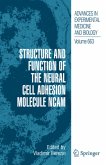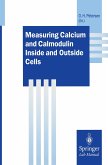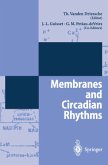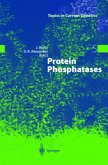As with other areas of biological research, the progress that has been made over the past 25 years in the field of cell adhesion is impressive. In the late 1970s, the searchfor specific cell surface receptors for adhesion processes was initiated - ing mainly biochemical and immunological approaches. Since then, theint- duction of novel methods of cellular and molecular biology and powerful te- niques for manipulatinggene expression in transgenic and knock-out mice have greatlyadvanced the field. Not only dowe now know the precise molecular structure of many of thecell adhesion receptors that were postulated to exist in the early days, but we have a clear picture of their function, and evidence of their involvement in signal transduction. We have also found clues to the role of cell adhesion in normal embryonal development and adult physiology, and we have evidence that disturbance in cell adhesion can cause disease. In this volume, our goal was to provide an overview of the main topics of c- rent cell adhesion research, including structural analyses of cell adhesion mo- cules and studies of their functionalrole in vitroand in vivo. We have focussed mainly on the four major families of cell-adhesion receptors, i. e. the cadherins, the integrins, the Ig superfamily and the selectin-based adhesion system. The chapters by Perez and Nelson and Choi and Weis describethe structuralbasis of cadherin function, focussing on the extracellular domain of cadherins and thecytoplasmic tail interactions with catenins, respectively.
Hinweis: Dieser Artikel kann nur an eine deutsche Lieferadresse ausgeliefert werden.
Hinweis: Dieser Artikel kann nur an eine deutsche Lieferadresse ausgeliefert werden.








